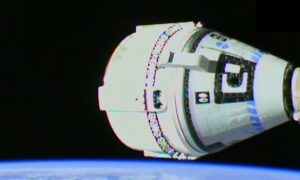An understudy’s change in quantum registering code could twofold its capacity to get blunders, arousing the curiosity of Amazon’s quantum processing program.
The new code could be utilized to assemble quantum PCs that satisfy the guarantees of lightning-quick preparing time and the capacity to take care of more mind boggling issues than conventional PCs could deal with. Up until this point, just two PCs have reached “quantum supremacy,” or the capacity to finish a quantum estimation quicker than the quickest supercomputer. In any case, neither of those PCs utilized mistake revision codes that will be important to increase quantum figuring for boundless, solid use, the specialists on the new investigation said.
Normal processing relies upon “bits,” which resemble switches that can flip between the “on” or “off” position. The situation of the pieces encodes data. Quantum processing adds a layer of intricacy by exploiting the way that at extremely, little scopes, actual properties get unusual: Qubits, the quantum forms of pieces, can be both here and there simultaneously, a state called superposition. Qubits can likewise get snared, implying that despite the fact that they’re not actually in contact, the condition of one effects the condition of the other. This means quantum PCs can encode data in more intricate manners by putting away data in these unusual quantum states. Qubits can be made of various types of quantum particles, and data can be encoded across an organization of qubits so that harm to a solitary qubit will not obliterate the data.
Disclaimer: The views, suggestions, and opinions expressed here are the sole responsibility of the experts. No Chicago Headlines journalist was involved in the writing and production of this article.





